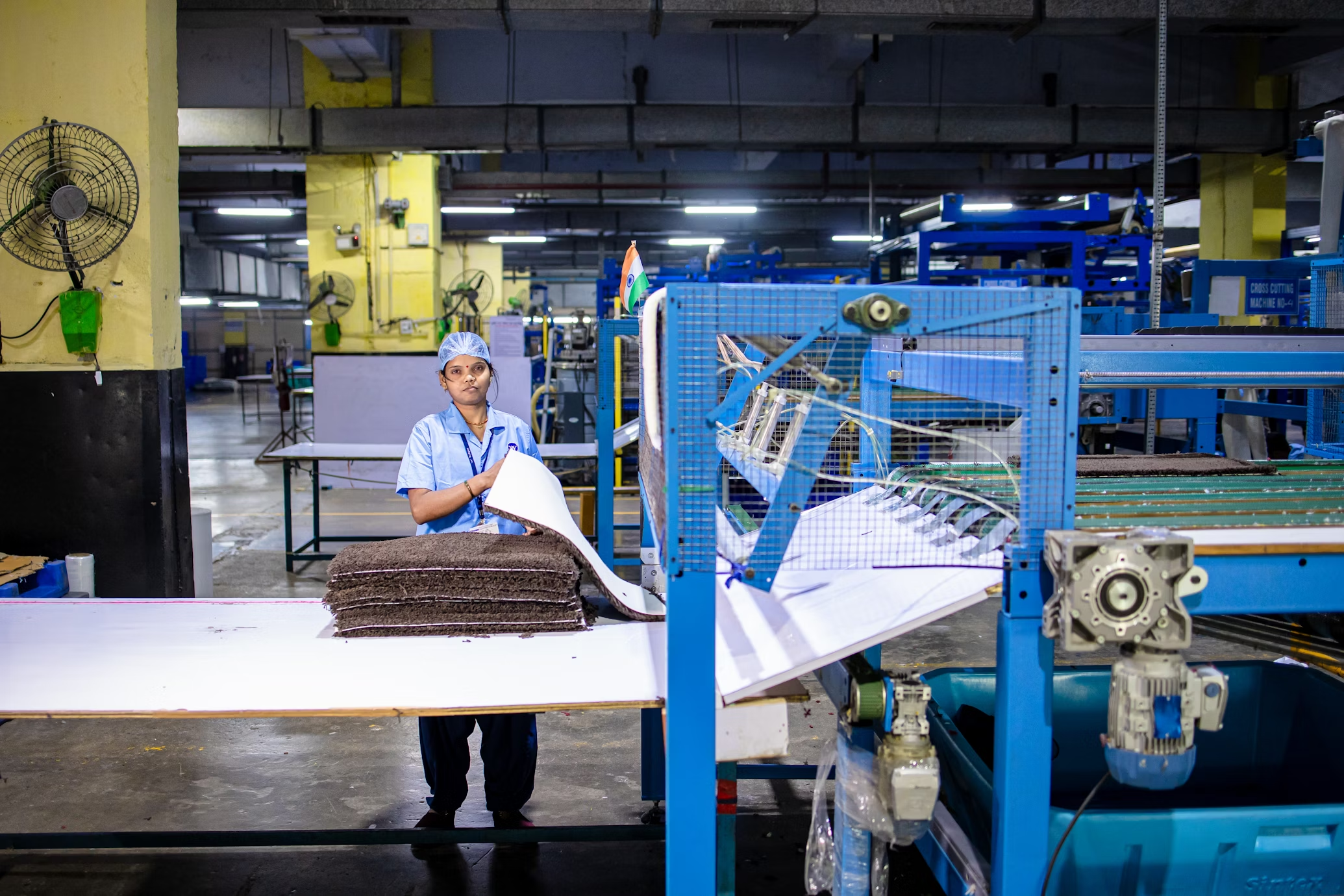
In high-tech industries, supply chains face constant pressure to innovate, remain agile, and meet rapidly changing market demands. While technology and processes often take center stage in supply chain discussions, Human Resources (HR) plays a vital yet frequently overlooked role. HR supports supply chain excellence by managing talent, building skills, and fostering a collaborative culture that enables high-tech operations to thrive. Supporting supply chain goals with HR.
Aligning Talent with Supply Chain Needs
High-tech supply chains rely on specialized skills to manage complex logistics, supplier relationships, and data-driven decision-making. HR works closely with supply chain leadership to understand these specific needs. Through targeted recruitment and workforce planning, HR ensures that the right people are in place with the necessary skills to execute supply chain strategies effectively.
This alignment means HR doesn’t just fill vacancies but actively shapes the supply chain team’s capabilities. By focusing on candidates with technical knowledge and adaptability, HR helps build a workforce ready to handle innovation and rapid change. This strategic talent management sets the foundation for operational excellence in the supply chain.
Cultivating Skill Development and Continuous Learning
Technology and processes in supply chains evolve rapidly, especially in high-tech sectors. To keep pace, HR develops ongoing training and professional development programs that equip employees with the latest tools and techniques, enabling them to stay current and effective. These programs include technical training on supply chain software and systems, as well as soft skills such as problem-solving and cross-department communication. Supporting supply chain goals with HR.
HR’s focus on continuous learning helps create a proactive workforce capable of identifying and addressing supply chain inefficiencies. Training initiatives also build leadership capabilities within supply chain teams, preparing future leaders to drive performance and innovation. This investment in learning is essential for maintaining a competitive edge.
Enhancing Collaboration Across Functions
Successful supply chains rely on seamless collaboration among departments, including procurement, engineering, manufacturing, and logistics. HR plays a crucial role in breaking down organizational silos by fostering teamwork and effective communication. Through team-building initiatives, cross-functional projects, and leadership development, HR fosters a culture where information flows freely, and teams work toward shared goals.
This collaborative environment allows supply chain professionals to solve problems quickly and innovate together. HR also supports diversity and inclusion efforts, recognizing that varied perspectives lead to better decisions and stronger performance. By connecting people and processes, HR helps create a resilient supply chain that can respond effectively to challenges.
Leveraging HR Technology to Support Supply Chain Operations
HR departments themselves benefit from digital tools that improve talent management related to supply chains. Platforms for workforce analytics provide insights into skills gaps, employee engagement, and productivity, enabling HR to tailor strategies that enhance supply chain effectiveness.
Technology also facilitates remote work, virtual training, and real-time communication — all of which are critical for global supply chains operating across multiple locations and time zones. By integrating technology, HR supports continuous workforce engagement and agility, which is essential for uninterrupted supply chain performance.
Fostering a Culture of Adaptability and Resilience
High-tech supply chains must be prepared to navigate disruptions such as supplier shortages or market volatility. HR contributes to building an adaptable workforce by promoting a culture that embraces change and resilience. Initiatives such as change management training and employee recognition programs foster innovation and flexibility.
By supporting mental well-being and stress management, HR helps employees maintain focus during challenging times. A resilient culture enables supply chain teams to quickly adjust their strategies and processes, thereby minimizing risks and maintaining service levels.
Integrating Workforce Strategy with Business Goals
Ultimately, HR’s success in supporting supply chain excellence depends on aligning its initiatives with the company’s overall objectives. Close collaboration between HR and supply chain leadership enables proactive workforce planning, ensuring that talent development aligns with evolving business needs.
This integration also involves measuring the impact of HR programs on supply chain performance, such as productivity, quality, and innovation. When HR strategies align with business goals, companies benefit from a motivated, skilled workforce that drives supply chain success and long-term growth.
HR’s role in high-tech supply chain operations is central to achieving excellence. From talent acquisition and training to fostering collaboration and resilience, HR ensures the workforce is capable and engaged. By partnering strategically with supply chain teams, HR helps companies maintain agility, innovation, and operational strength in a highly competitive environment.